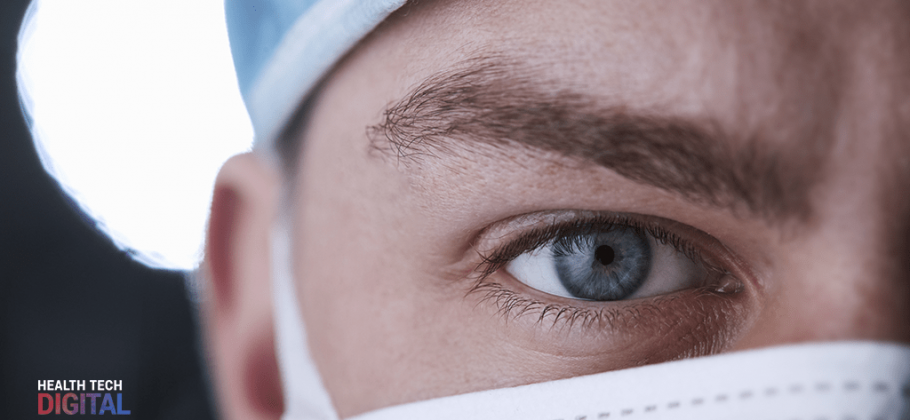Healthcare has been around in some form or other for millennia, while artificial Intelligence (AI) has only a few decades of history behind it. Still, that’s long enough for Al to begin transforming this ancient industry, and its influence is only accelerating in the digital age.
AI has worked its way into all corners of the healthcare field, from futuristic applications like robot-assisted surgery, to more mundane specialties like “administrative workflow assistance” – essentially helping with duties unrelated to direct patient care. The tasks vary widely, but all of it matters. Accenture projects the top AI healthcare applications will deliver tens of billions of dollars in savings to an industry that’s always working to control costs.
As AI progresses and its healthcare applications increase and diversify, AI seems certain to become an essential part of the field. This is a technology with the potential to save lives as it improves efficiency in ways still unimagined, and interconnection will be a critical part of making all this happen.
“Surprisingly comfortable” with AI
AI has always made some people nervous – there’s no shortage of fiction built on fears of intelligent machines. That distrust is apparent in a recent survey by the analytics firm SAS, which found that only 35% of respondents were confident that personal data being used for AI was stored securely. Meanwhile, only 34% were comfortable with banks using AI to provide financial guidance. But respondents were “surprisingly comfortable with (AI) in health care,” SAS said, noting that 60% were fine with doctors using AI to analyze their medical information and suggest treatment. Healthcare is a field where the benefits of AI are quite clear. That, combined with the heavy personal contact that’s essential to healthcare – AI-enabled or not – may be behind this broader public acceptance.
Such openness to AI is good news for healthcare companies, because AI is being developed to assist patients and caregivers in so many ways that it may soon be difficult to interact with the healthcare system without interacting with AI.
A major part of the value of AI is how it empowers caregivers, patients and institutions to organize, gain insight from and act on the loads of data collected by and available to the health care industry. For instance, AI can help spot harmful patterns in individual patient behavior and prod changes. AI can also sift through reams of medical information to improve the accuracy of diagnoses and help physicians problem-solve. And it can save time and money by performing basic, non-patient care activities (e.g., writing chart notes and prescriptions, etc.) so caregivers have more time to spend with people.
Here are a few examples that show the range of AI-fueled healthcare innovations:
- At Stanford University, an AI system learned to make fast, accurate skin cancer identifications after a research team showed the system images of 129,000 skin lesions. The AI system was able to differentiate between malignant and benign lesions, and its diagnoses were comparable to those of a team of 21 board-certified dermatologists.
- London-based Babylon provided its AI technology to Tencent’s WeChat social messaging platform, enabling WeChat users to describe health symptoms to the Babylon system and receive on-the-spot healthcare advice – including recommendations to go see a doctor.
- A multi-center study that included 379 spine surgery patients found that an AI-powered, robotic-guided spine surgery technique developed by Mazor Robotics resulted in a five-fold reduction in surgical complications and a seven-fold reduction in revision surgery, compared to freehand surgery methods.
The myriad and increasingly mainstream applications of AI in healthcare are propelling strong projected market growth. Accenture estimates the AI health market will grow at an annual rate of 40% to 2021, when it hits $6.6 billion. It also says that key clinical health applications can potentially create $150 billion in annual savings for the U.S. health care economy by 2026. Among the largest sources of savings are robot-assisted surgery ($40 billion in savings), virtual nursing assistants ($20 billion) and administrative workflow assistance ($18 billion).
AI, health care and interconnection
These advances with AI in healthcare are all exciting, but AI won’t function as it should in healthcare or any other field without interconnection – the direct, private data exchange between businesses. That’s because AI depends on secure, low-latency, instant connectivity between a range of users, cloud applications and data sources. That just can’t happen if firms are relying on the public internet and traditional IT architectures that shuttle data back and forth between users and distant corporate data centers over long-haul networks.
Interconnection on Platform Equinix®, which spans 48 markets on five continents, brings the parties involved as close to each other as possible, which is exactly what’s needed with data-dependent technologies like AI. The Global Interconnection Index, a study published by Equinix, indicates healthcare firms are increasingly aware of the importance of interconnection. The Index projects that Interconnection Bandwidth capacity will expand in the health and life sciences industry at a compound annual growth rate of 68% worldwide to 2020.
Learn how to implement an interconnection-first IT approach called an Interconnection Oriented Architecture™ (IOA™) strategy by downloading the IOA Playbook. And check out our Healthcare Industry Solution Brief to learn more about how interconnection expands opportunity for healthcare firms. As AI becomes a bigger part of the healthcare industry’s future, so will interconnection.

Tim has more than 20 years experience in the IT sector and is at the forefront of the Health Innovation Technology (HIT) ecosystem at Equinix.













